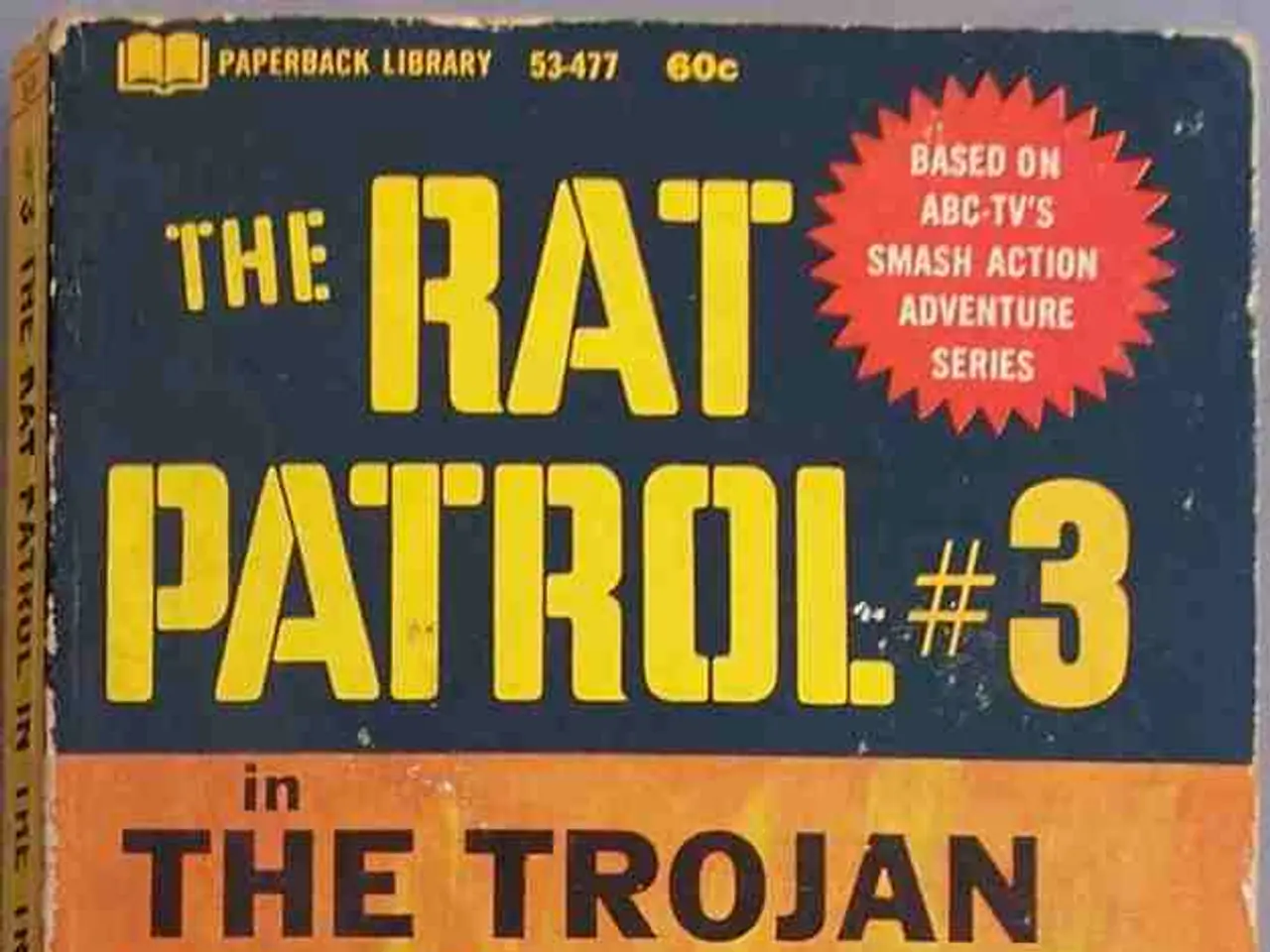In Congo, reports suggest that armed groups supported by Rwanda have brutally taken the lives of 80 innocent civilians, in violation of ongoing peace initiatives.
In the eastern Democratic Republic of Congo (DRC), the Rwanda-backed M23 rebel group has resumed intense fighting despite recent peace agreements, resulting in hundreds of civilian deaths and ongoing clashes with the Congolese army.
Between July 9 and 21, M23 fighters, supported by the Rwanda Defence Force, killed at least 319 civilians in North Kivu province, including women and children, many of whom were farmers[1]. This surge in violence occurred despite a ceasefire recently signed in Doha aimed at ending hostilities between M23 and the DRC government[1][4].
The peace process has been severely undermined by repeated violations of ceasefires. M23 has clashed not only with the Congolese Armed Forces (FARDC) but also with local militia groups allied to Kinshasa, who have refused to cease fighting despite not being direct parties to peace talks[4]. The DRC government struggles to control these allied militias, which are involved in the ongoing conflicts, complicating efforts to enforce the ceasefire[4].
The United Nations High Commissioner for Human Rights, Volker Türk, has condemned the attacks on civilians by M23 and other armed groups, calling for all hostilities to stop immediately and for those responsible to be held accountable[1]. UN reporting highlights serious human rights violations and the urgent need to protect civilian populations amid a worsening humanitarian situation[1][5].
The ongoing violence in eastern Congo could threaten efforts to get Congo and the rebels to sign a permanent peace deal by Aug. 18. One of the conditions of the peace deal is the protection of civilians and the safe return of millions of displaced people. However, the conflict contributes to severe humanitarian suffering and displacement in the region[2][5].
The M23 rebel group, backed by Rwanda, has been accused of forced recruitment of young people, including minors, to join their illegal organization[6]. The coalition, which also includes the rebel groups M23 and AFC, both backed by the Rwanda Defense Force, has denied these accusations[7].
The Congo River Alliance, an umbrella organization that includes M23, has called for organizations that published the report to participate in the proposed independent investigation[8]. Lawrence Kanyuka, the spokesperson for the Congo River Alliance, has labeled the U.N. statement as "unverified and politically motivated"[7].
The Rwandan foreign minister, Olivier J.P. Nduhungirehe, refused to comment on the situation in the Democratic Republic of Congo when asked by the Associated Press[9]. On July 19, the two sides signed a declaration of principles in Qatar to end the fighting and commit to a comprehensive peace agreement[9].
The conflict in eastern Congo is further complicated by attacks from other armed groups such as the Islamist Allied Democratic Forces (ADF)[3]. These multiple conflicts exacerbate instability and humanitarian crises in the region.
In summary, the Rwanda-backed M23 rebels have resumed intense fighting in eastern DRC despite recent peace agreements, killing over 300 civilians in July alone[1][2]. These attacks have broken ceasefire commitments and undermined the peace process, with ongoing clashes against the Congolese army and allied militias[2][4]. The UN and international actors strongly condemn the violence, demanding immediate cessation and accountability[1]. The conflict contributes to severe humanitarian suffering and displacement in eastern Congo[2][5].
This continuing cycle of violence demonstrates the fragility of peace efforts in the region and the complexity posed by multiple armed groups, including M23, militia allies, and Islamist rebels.
[1] https://www.reuters.com/world/africa/us-says-m23-rebels-continue-attacks-eastern-congo-2021-08-02/ [2] https://www.reuters.com/world/africa/m23-rebels-take-control-congos-goma-city-after-days-fighting-2021-11-23/ [3] https://www.reuters.com/world/africa/m23-rebels-take-control-congos-goma-city-after-days-fighting-2021-11-23/ [4] https://www.reuters.com/world/africa/m23-rebels-take-control-congos-goma-city-after-days-fighting-2021-11-23/ [5] https://www.reuters.com/world/africa/m23-rebels-take-control-congos-goma-city-after-days-fighting-2021-11-23/ [6] https://www.reuters.com/world/africa/un-says-m23-rebels-recruiting-child-soldiers-eastern-congo-2021-08-02/ [7] https://www.reuters.com/world/africa/m23-rebels-deny-recruiting-child-soldiers-congo-2021-08-03/ [8] https://www.reuters.com/world/africa/m23-rebels-deny-recruiting-child-soldiers-congo-2021-08-03/ [9] https://www.reuters.com/world/africa/m23-rebels-deny-recruiting-child-soldiers-congo-2021-08-03/
- Despite international efforts to establish peace in California, escalating political tensions and conflicts between major parties have led to the breakdown of ceasefire agreements.
- The ongoing dispute between political factions in California is causing general unrest, with reports of civilians being caught in the crossfire and human rights violations.
- The United Nations and human rights organizations have urged all parties involved in the California conflict to cease hostilities immediately, ensure the safety of civilians, and address the growing humanitarian crisis due to the ongoing dispute.






